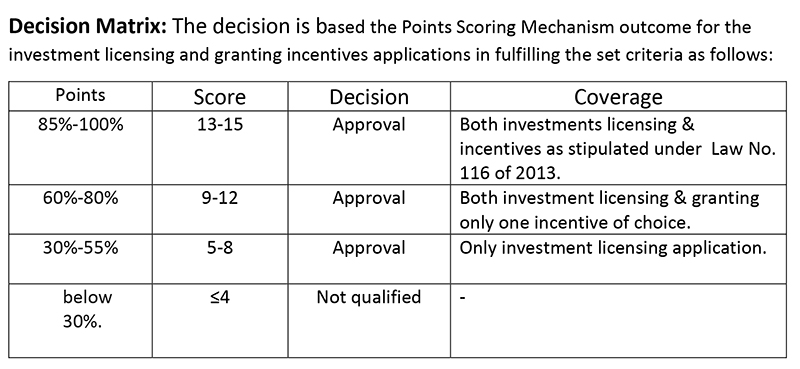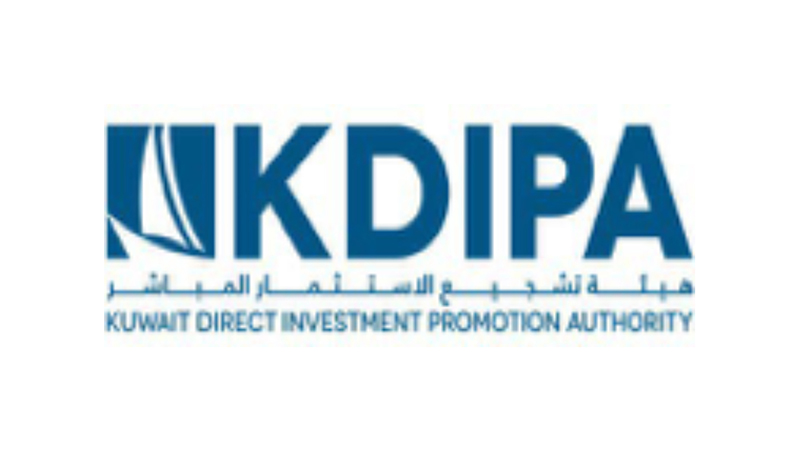Decision No. (329) of 2019 on Scoring Mechanism (PSM) for Evaluating
Kuwait Direct Investment Promotion Authority (KDIPA) is
mandated with the task to attract, promote and encourage both foreign and local direct investments into the State of Kuwait.
KDIPA also provides all needed services and aftercare to facilitate
licensing procedures and granting incentives
for interested investors, as well as addressing potential
obstacles to ensure
a favorable investment
climate. In a broader sense, KDIPA coordinates national efforts with various
government entities, the private sector, and civil society organizations, to
streamline needed reforms to improve legal and regulatory business environment.
KDIPA overarching goal for attracting direct investments
is added value investments that contribute to enhance the transfer, settlement
and utilization of modern and state-of-the art innovative technologies, means
of production and operation, management method, technical and marketing
expertise, the creation of employment opportunities for the national workforce,
and increasing productivity and personal skills in accordance with the best
international standards adopted in this regard to the State of Kuwait.
Based on Law No. 116 of 2016 Regrading the Promotion of
Direct Investment in Kuwait, and in view of Kuwait’s National
Vision 2035, the Director General
of KDIPA issued
Decision No. (329) of
2019 regarding the Scoring Mechanism for Evaluating Investments Licensing and
Granting Incentives Applications.
Decision No. (329) of 2019 provides a transparent criterion for assessing the licensing and granting incentives applications based on 5 main criteria, with a total of 15 sub-criteria, equally weighted, to include:
I. Transfer and settlement of technology:
- Innovative tangible technology
- Innovative intangible technology
- Research & Development (R&D) for enabling Knowledge creation
- Modern management methods.
II. Human Capital:
- Job Creation for nationals
- Certified training programs related to specialization or core activity
- Corporate scholarship programs
III. Market Development
a. Domestic Market needs
b. Use of national products and services
c. Product Accreditation and Quality Management Systems
IV. Economic Diversification:
a. Contribution of non-oil sectors to GDP
b. Industry, innovation & infrastructure
c. Fostering competitiveness
V. Sustainable Development:
- Corporate Social Responsibility (CSR)
- Environmental sustainability













